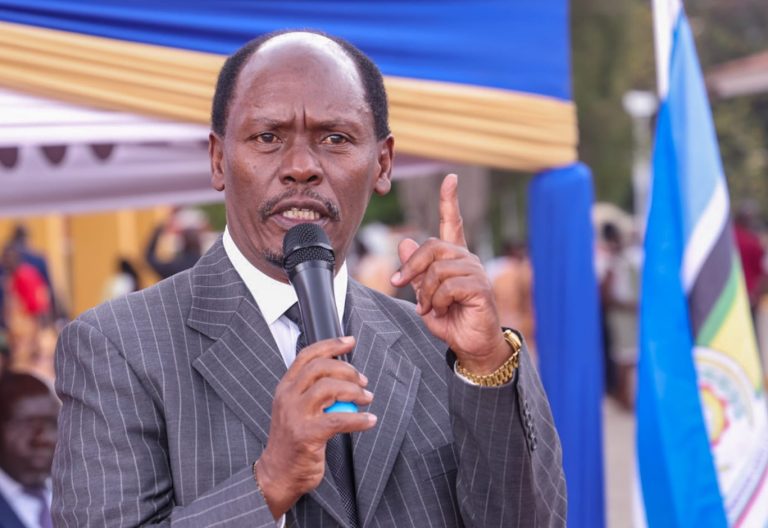Kabogo not right person to foster cutting-edge policies

Although Information, Communications and the Digital Economy Minister William Kabogo has excellent political insight, he does not have any formal computer science or ICT management training. Kabogo has prioritised regulating social media and safeguarding media instead of advocating for sweeping technological advancements since taking office in January 2025.
Kabogo’s tenure has also seen small budgetary increments for innovation, with the money going to legacy infrastructure projects instead of youth-led startups.
Critics argue that the ICT portfolio requires a younger digital-native to foster cutting-edge policies and best represent Kenyan youth.
When Kabogo took over the ICT portfolio, he initiated a divergence between the ministry’s vision and leadership direction.
Instead of overseeing major digital innovations, his initial actions were to police social media and safeguard industry interests, effectively relegating essential technological reforms to the back burner.
Unlike a technocrat with experience in networking protocols or software development lifecycle, Kabogo may struggle to grasp ICT matters such as cybersecurity threats or spectrum allocation intricacies.
This competence gap risks policy misadventures that will stifle rather than catalyse Kenya’s digital ambitions.
One of Kabogo’s early positions was a promise to ban social media operators who publish “hate speech”, which spawned concern about censorship and overreach.
Such authoritarian rhetoric can dampen online activism and silence websites that allow youth to voice criticism of the government, a fundamental component of democratic participation.
With the long memory of previous transgressions against those who speak out against the government online, it is little wonder that youth activists worry Kabogo’s strategy will endanger online freedoms.
Even as the 2024/25 budget allocated Sh16.3 billion to ICT projects, much of this funding has been directed to large-scale infrastructure like Konza Technopolis and last-mile networks, rather than small-scale innovation centres.
Kenya’s young – more than 60 per cent of the population – are ideal digital content creators, programming communities, and financial technology innovators.
However, the fact that a technocrat double their age is in charge indicates a tremendous representation gap.
A younger Cabinet Secretary, one immersed in modern technological culture, would be more adept at matching policymaking to the realities faced while organising hackathons, open-source initiatives, and digital entrepreneurship.
Kenya’s digital revolution needs vision-driven, policy-driven, hands-on, tech-savvy, and youth-oriented leadership. Kabogo’s pick, as politically clever as it may have been, falls short of these expectations.
In order to unlock the full potential of the youth-driven digital economy and safeguard digital rights, Kenya needs a younger, digitally native Cabinet Secretary to steer the ICT docket into an innovative, inclusive, and empowering future.
The writer is a lawyer and a Human Rights Advocate














